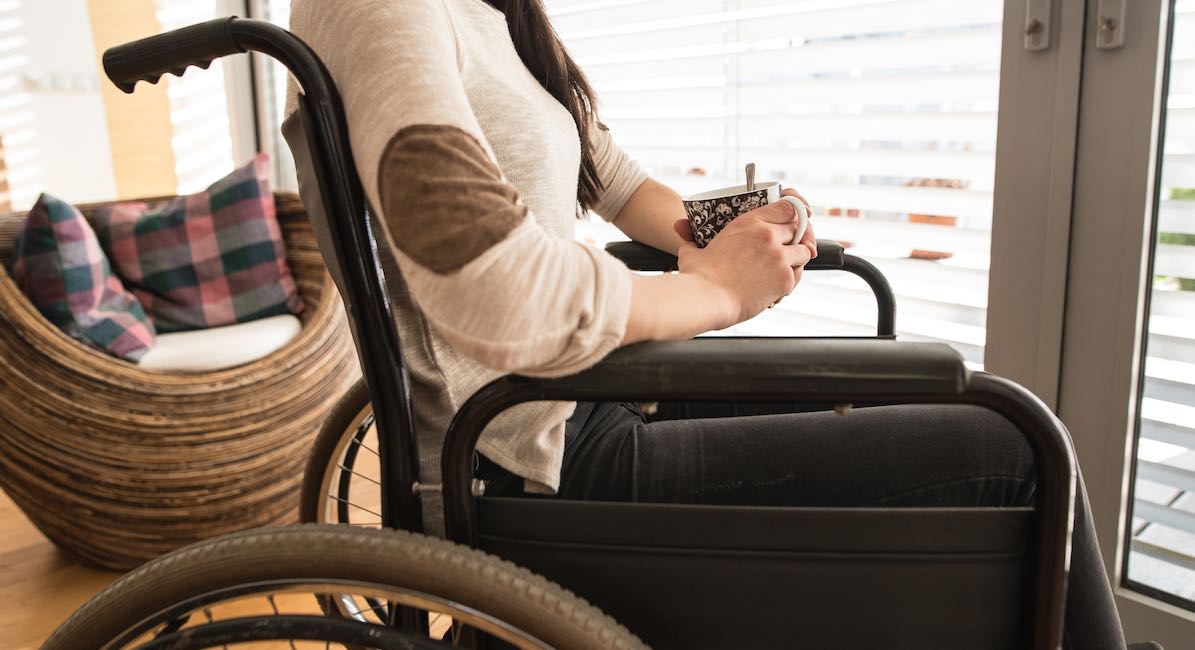The downward spiral of Canada’s Medical Assistance in Dying (MAiD), its legalized assisted suicide and euthanasia laws, appears to be showing no signs of slowing down as recent headlines indicate a growing acceptance of MAiD as a solution for poverty.
While advocates initially argued that MAiD laws would be tightly guarded and only available to terminally ill people, the concept has spiraled out of control. Two bioethicists are now arguing that it would be “harmful” to deny MAiD to those who want it because they are impoverished.
In their recent essay published in the Journal of Medical Ethics, Kayla Wiebe, a Ph.D. candidate in philosophy, and bioethicist Amy Mullin, a professor of philosophy at the University of Toronto, claimed that MAiD should be available for people who chose to die because of poverty, or because their living conditions are “intolerable.”
“To force people who are already in unjust social circumstances to have to wait until those social circumstances improve, or for the possibility of public charity that sometimes but unreliably occurs when particularly distressing cases become public, is unacceptable,” they wrote.
The women argue that the autonomy of the individual trumps all else — and that if a person wishes to die because of their circumstances, they should be allowed to do so.
“People can make their own determination about whether their lives are worth living, and we should respect that,” they said.
These women aren’t alone in their beliefs — a recent poll conducted by Research Co. found that more than one in four Canadians would allow euthanasia for homelessness (28%) and for poverty (27%).
In an op-ed responding to the bioethicists’ claims, MercatorNet editor Michael Cook calls Wiebe and Mullin’s personal autonomy justification flawed.
“As these bioethicists use it, autonomy justifies any course of action, so long as it does not harm someone else. What can’t be justified as “autonomous”? Suicide? Self-mutilation? Drug addiction? Abortion? Prostitution? No: all of these are supported by bioethicists who declare that free choices are inviolable…”
“This shows the bankruptcy of bioethics based only on choice. It’s not choice that makes a decision good or bad, but whether you choose something good. When someone with chronic health problems, poor social relations, and unbearable living conditions decides to commit suicide, they are obviously making a bad choice,” he counters. “Death is never, ever, a good choice.”
Others who oppose assisted suicide and euthanasia point out that this is yet another example of the “slippery slope” that inevitably occurs once the state legalizes death. When assisted suicide is viewed as acceptable in certain situations, vulnerable populations — including those who are impoverished — are led to believe that it could be the only possible solution for them, too. Some point out that people with disabilities are among those who most often find themselves in poverty.
“We need to understand that many people with disabilities live in poverty and find themselves having difficulty receiving necessary medical treatment and yet according to the law they have no difficulty being approved for death by euthanasia,” Alex Schadenberg of the Euthanasia Prevention Coalition previously told Catholic News Agency. “Clearly this has led to an epidemic of death, of despair, in Canada. Deaths based on cultural abandonment but sold to the population under the false guise of freedom.”
Dr. Naheed Dosani, a palliative care specialist and assistant professor at the University of Toronto, told the Daily Mail that the government’s structure hamstrings those who are impoverished.
Canada has “literally made it easier for people with disabilities to die with dignity through MAID than live with dignity through access to housing, income support, food security, and medication coverage,” he said.
Yuan Yi Zhu, a Canadian research fellow at Harris Manchester College at the University of Oxford, told National Post that it wasn’t long ago that MAiD proponents claimed that no one was seeking death because of poverty. “It is more than tragic: it is a moral stain on our country, for which future generations will have to atone for,” he said.








